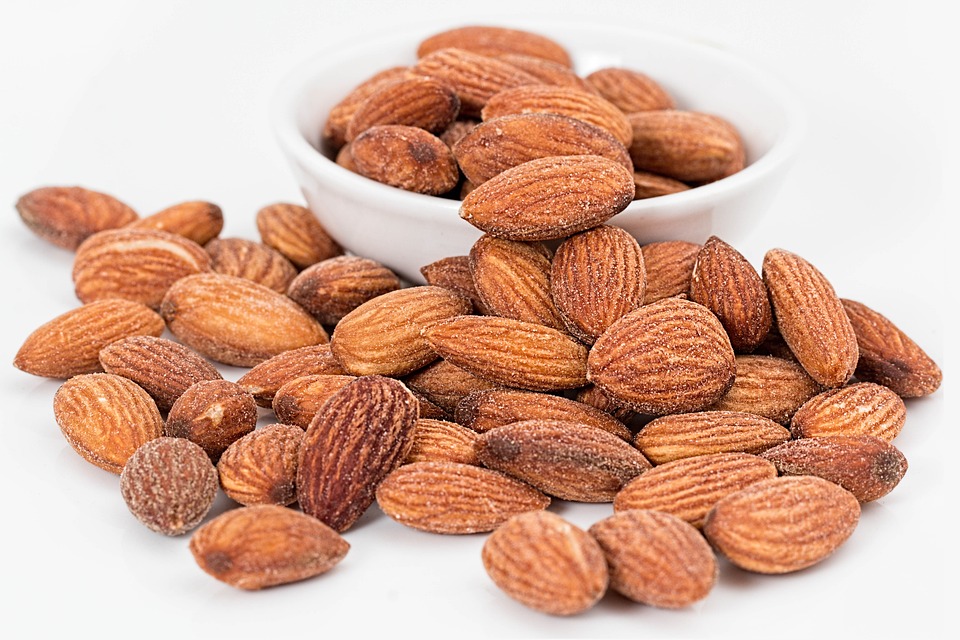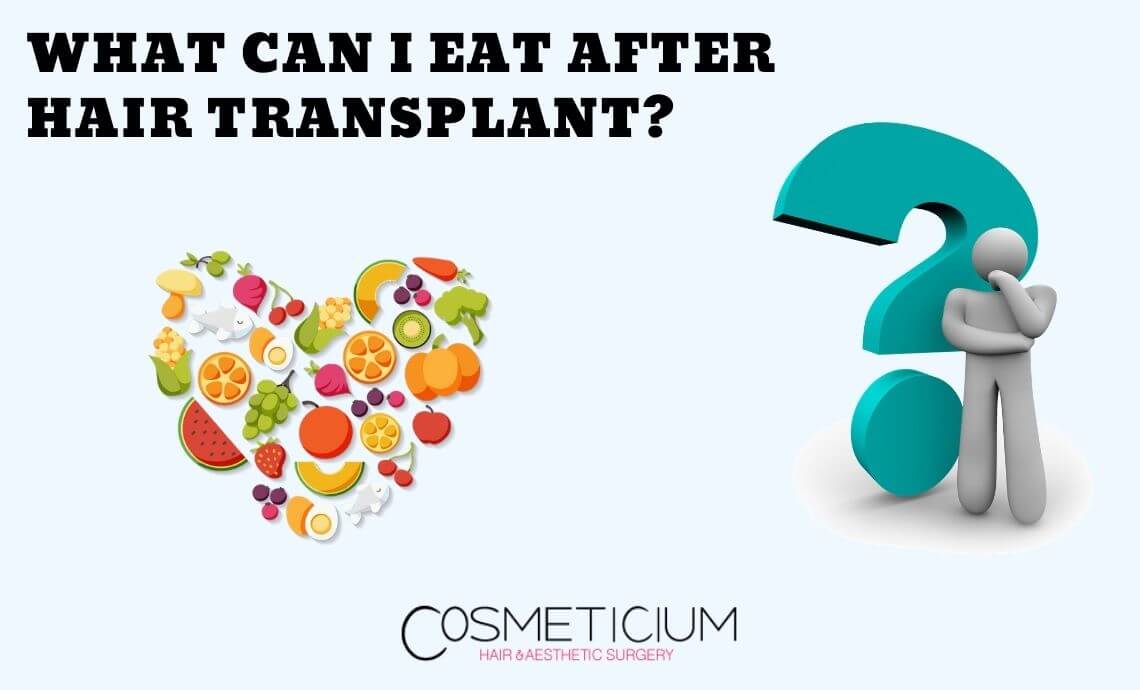Diet after hair transplantation directly affects the success of the procedure. Nutriment comes to the newly transplanted grafts through the capillaries in the scalp. Your diet determines whether enough nutriment will come to the grafts or not. If the right and sufficient nutrients come, the success rate of hair transplantation increases. However, when wrong and insufficient nutrients come, the result may not meet the expectations. Therefore, the question of what to eat after hair transplantation is important. You can find the details of the answer to this question in the rest of our article.
Regular nutrition is extremely important after hair transplantation. During this period, extra care should be taken to intake some vitamins and minerals. What can I eat after hair transplantation? Which nutrients and vitamins are important for the body? Let’s examine them all together.
Table of Contents
Vitamin A

Vitamin A has antioxidant properties. Hair loss does not occur directly due to its deficiency. However, it should be consumed after hair transplantation because it accelerates healing and strengthens the hair. Foods containing Vitamin A are:
- Green apple
- Carrot
- Milk
- Egg
- Cheese
Vitamin B

It is a vitamin that directly affects the structure and growth of hair. When you consume foods containing Vitamin B, hair follicles are nourished more effectively. The aforementioned situation allows the hair to intake food more efficiently. Sources of Vitamin B, which have such important effects, can be listed as follows:
- Chicken
- Red Meat
- Banana
- Avocado
- Broccoli
- Spinach
- Brown rice
- Nuts
- Egg
You May Also Like: Hair Transplantation Vs. PRP | Which One is Better?
Vitamin C

Vitamin C, one of the most important helpers of the immune system, is very effective in healing after hair transplantation. In addition, it also plays a role in controlling and reducing stress after hair transplantation. Foods rich in Vitamin C are:
- Kiwi
- Broccoli
Vitamin E

Vitamin E has an antioxidant effect. Thanks to this feature, it plays a role in the healing of wounds. It is an important vitamin for shortening the recovery period after hair transplantation. You can eat especially almond after hair transplantation. Foods with Vitamin E include:
- Spinach
- Fish
- Cabbage
- Almond
- Hazelnut
- Pumpkin seeds
- Sunflower seeds
Zinc

Zinc is known as a mineral that prevents hair loss. In the case of zinc deficiency, conditions such as weakening and loss of hair may occur. Apart from these, zinc is involved in collagen production, use of vitamins and tissue repair. Foods containing zinc can be listed as follows:
- Turkey meat
- Red meat
- Spinach
- Peanut
- Chickpea
- Shrimp
- Pumpkin seeds
Iron

One of the substances that prevent hair loss is iron. Iron, which provides the development of hair texture, also plays a role in the transport of oxygen to the scalp. Foods containing iron that strengthen the immune system are:
- Beans
- Spinach
- Veal
- Beef liver
- Oysters
- Duck
- Cabbage
Copper

It is directly involved in melanin production. This substance is one of the factors that are included in the structure of the hair and affects many properties, especially it’s colour. Protein synthesis and copper deficiency, which affects red blood cell formation, results in anaemia. This means hair loss. Foods containing copper include:
- Pumpkin seeds
- Green vegetables
- Olive
- Beet
- Black pepper
- Pumpkin
You May Also Like: Hair Transplantation and Experiences Waiting for You in Istanbul
Selenium

Selenium is one of the substances that provide tissue flexibility. While the lack of this substance causes the colour change, the excess may result in hair loss. Selenium-containing foods include:
- Mushrooms
- Tuna fish
- Calamari
- Octopus
- Turkey meat
- Beef
- Onion
CONCLUSION
You can eat all these foods after hair transplantation. Hair transplantation is not just a surgical procedure. Especially after hair transplantation, the care process is very important. During this period, regular and proper nutrition affects the success of the procedure. Above are the substances that are effective in hair transplantation. However, it should not be forgotten that other important minerals and vitamins are also indirectly involved in the process, even if not directly. Therefore, the nutrition program should be given maximum importance. Do not forget that the most important advice on this subject will be given by your doctor. You can send all your questions about nutrition or hair transplantation to our experts by filling out our online consultation form.

